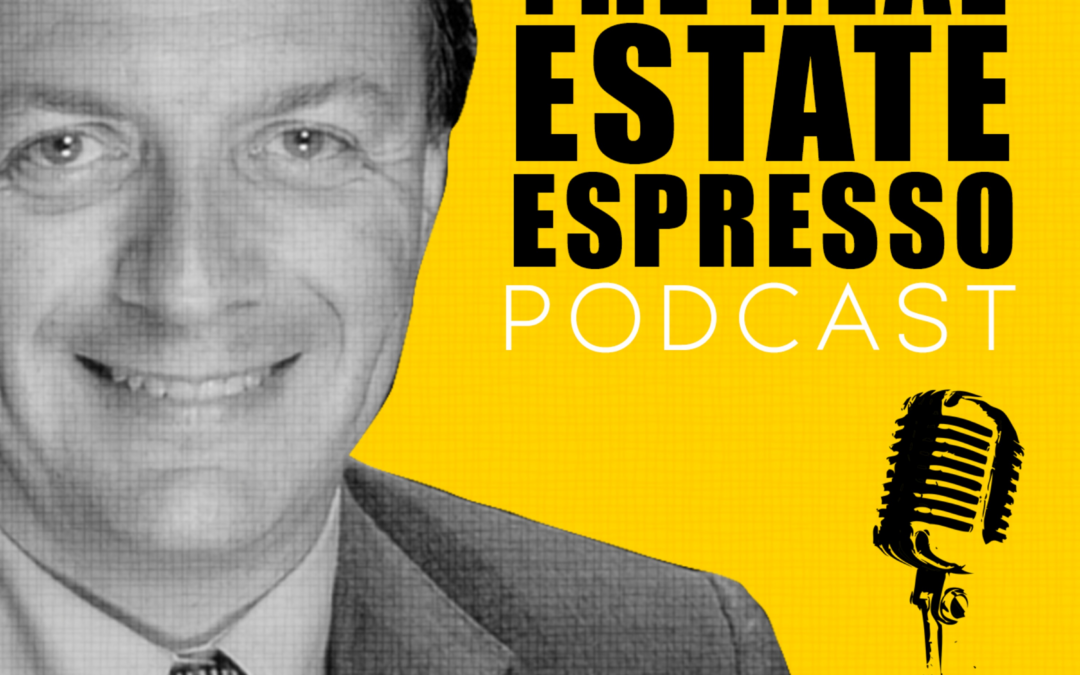On today’s show we are reviewing “Yes to Life, in spite of everything “ by Viktor Frankl. Viktor Frankl is best known for hist book “man’s search for meaning “ which chronicles his discovery of the meaning of life during his 3 years in 5 different concentration camps during WW2. During that time he saw his parents killed and his pregnant wife. Somehow he managed to survive.
The book Yes to Life was curated by Daniel Goleman who assembled a series of lectures given by Viktor Frankl in 1946, only a year after the end of the war, and before the publication of Frankl’s groundbreaking book. Daniel Goleman is a best selling author known for his own body of work including the books “Emotional Intelligence “, “Primal Leadership “ , “Focus”, and “Altered Traits” to name just a few.
After the War, most people who survived the atrocities emigrated to start a new life rather than reintegrate in the community that allowed such horror to take place. Frankl on the other hand returned to his native Vienna where he became professor neurology and psychiatry at the University of Vienna. He would look into the eyes of colleagues who claimed ignorance of the Nazi machine, even when they were part of it.
He developed a new body of work in understanding psychotherapy called logo therapy. He held visiting professorships at Harvard, Stanford, Southern Methodist and Duquesne universities.
For four decades he made countless lecture tours all over the world. He received in total 29 honorary doctorates. He authored thirty-nine books which have been translated into 50 languages to date.
The book “Yes to Life” brings forward some of Frankl’s clearest thinking in the immediate aftermath of the holocaust.
In our social media infused, consumption driven, Netflix intoxicated world, we rarely slow down enough to ask existential questions.
Frankl is clearly focused on answering the very fundamental question about the meaning of life. Since death is certain, does not life itself become meaningless? Does death not make all our beginnings seem pointless from the start, since nothing endures?
Let’s ask the question the other way around. What if we were immortal? But if we were immortal we could postpone everything. It would never truly matter whether we did a particular thing right now or the next day or the day after or in a decade. There would be no reason to do something right now or experience something right now. There would be an infinite amount of time.
The fact that we are mortal and our time is restricted and our possibilities are limited is what makes it meaningful to do something. Therefore our mortality form the background against which our act of being becomes a responsibility.
We do not judge the life history of a particular by the number of pages in their life story, but by the richness of the content it contains.
Every hour, every minute loads our existence with the weight of a terrible and yet beautiful responsibility. Any hour whose demands we do not fulfill, or fulfill halfheartedly, this hour is forfeited ,for all eternity.
Life can only become more meaningful the more difficult it becomes. The athlete, the mountain climber who actively seeks more difficult tasks, creates difficulties for themselves.
If life has meaning, then suffering must also have meaning. Our modern culture seems obsessed with having a happy life, a life free from stress with all the creature comforts. Compared with our great grandparents, most of us live like royalty, and yet how many are happy?
Frankl makes the case with example after example that people created their own sense of meaning from within. They didn’t rely upon external circumstances to establish that sense of meaning. Their own agency created the meaning even under the most adverse conditions.
Though written in 1946, these lectures stand as a timeless piece of work.



